Honda Motorcycle & Scooter India (HMSI) has announced a major step toward sustainable mobility with a fresh investment of ₹600 crore to establish its first dedicated electric two-wheeler manufacturing plant in Narasapura, Karnataka. This move highlights Honda’s long-term commitment to the Indian EV market and strengthens India’s growing role in the global electric mobility ecosystem.
The new facility will focus exclusively on producing Honda EV two-wheelers, ensuring that the company can respond to increasing consumer demand for clean and efficient mobility solutions. Karnataka, already a strong base for automotive manufacturing, provides Honda with access to robust infrastructure, skilled labor, and a growing EV supply chain network.
With India pushing for faster adoption of electric vehicles through supportive policies and incentives, Honda’s decision aligns perfectly with the government’s vision of a greener, more sustainable transportation system. The plant will also serve as a hub for innovation, integrating advanced technologies in battery systems, power management, and connectivity features to meet the evolving needs of Indian riders.
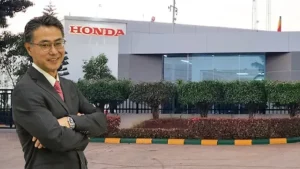
This investment is more than just an expansion—it represents Honda’s strategic shift toward the future of mobility, where electric two-wheelers are expected to dominate urban commuting. By building a dedicated EV facility, Honda not only strengthens its presence in India but also positions itself to compete with emerging local and global EV brands.
Also Read:JSW Motors Ltd is moving fast to enter the car market
As the company gears up to roll out its first locally manufactured electric scooters from Narasapura, this milestone is set to accelerate both Honda’s EV roadmap and India’s journey toward cleaner, sustainable transport.
HMSI has already made strides in the EV segment with the launch of two electric scooters — the ACTIVA e: and QC1.
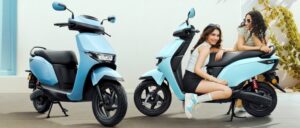
- The ACTIVA e: features a swappable battery system, called the Honda Mobile Power Pack e:, wherein users can exchange discharged batteries at designated swapping stations rather than wait for conventional charging.
- The QC1 comes with a fixed battery pack, targeting those who prefer home or workplace charging rather than swapping.
Both models will be produced at the HMSI plant in Narsapura, Karnataka, with deliveries beginning from February 2025 in cities like Bengaluru, Delhi, and Mumbai; the QC1 is also expected in some additional cities shortly after.
Looking ahead, HMSI has laid out a comprehensive EV roadmap under Project Vidyut. Key elements include:
- A dedicated EV platform called Platform ‘E’ that supports multiple EV types — fixed battery, swappable battery, and mid-range EVs.
- A goal of achieving 1 million electric two-wheeler units per year from the Narsapura facility by 2030.
- Equipping the existing dealer network (6000+ touchpoints) with charging and battery swapping infrastructure, including “Power Pack Exchanger e:” stations, to make ownership more convenient.
There are also plans for a dedicated electric motorcycle plant by 2028, further localization (battery, motor, and other critical components are to be made or assembled in India), modular platforms to reduce cost, and an EV launch every year to strengthen Honda’s position in India’s growing EV market.
With these developments, HMSI isn’t just entering the EV space; it’s building the supporting ecosystem — from manufacturing and platform design to after-sales service and infrastructure. This will be crucial in competing with EV-first brands, capturing market share, and meeting India’s policy push toward clean mobility.
Also Read :Bajaj to Launch Boxer and Pulsar Electric Bikes Soon
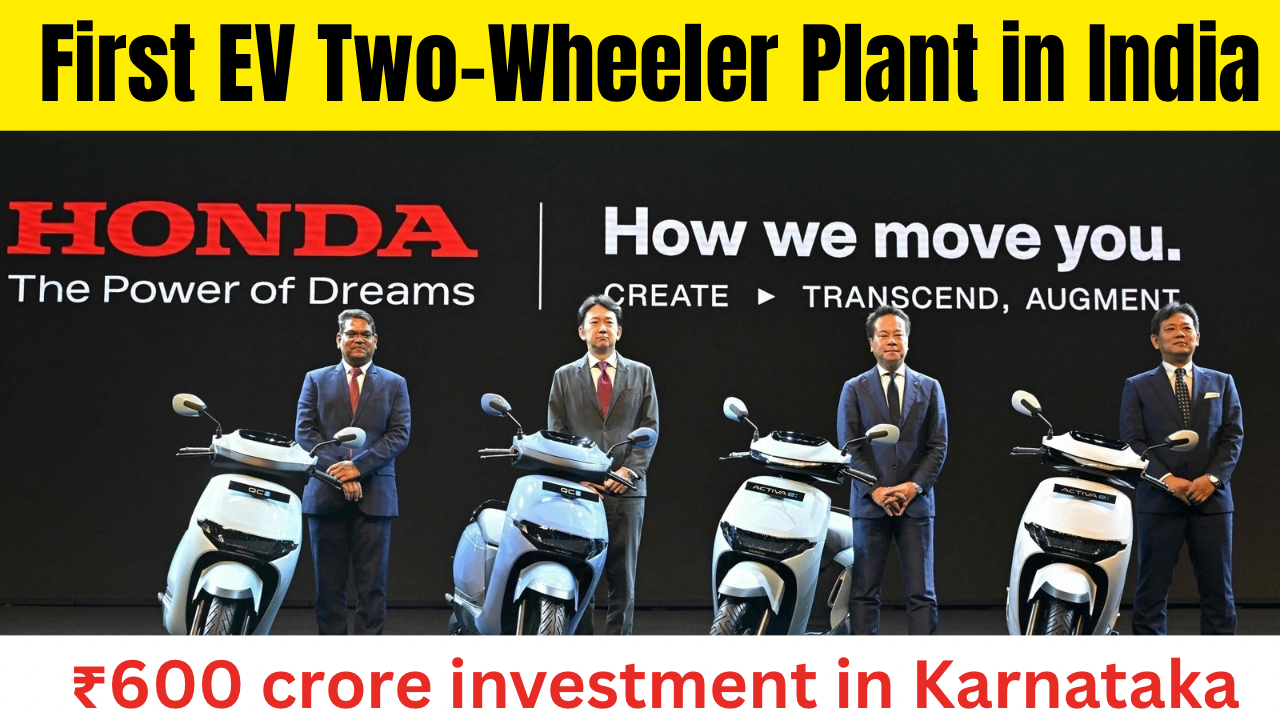

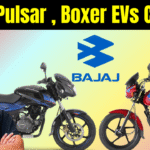
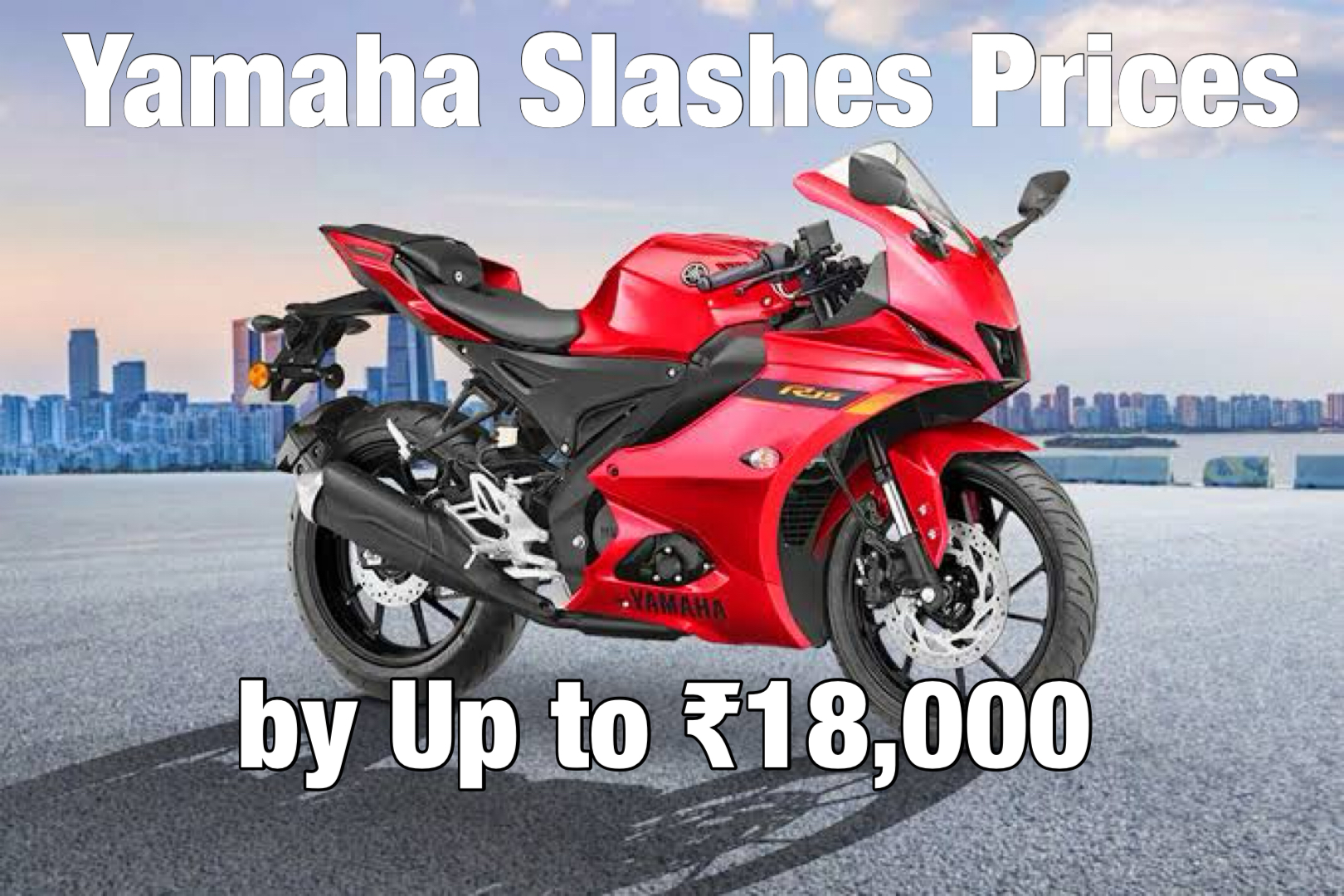
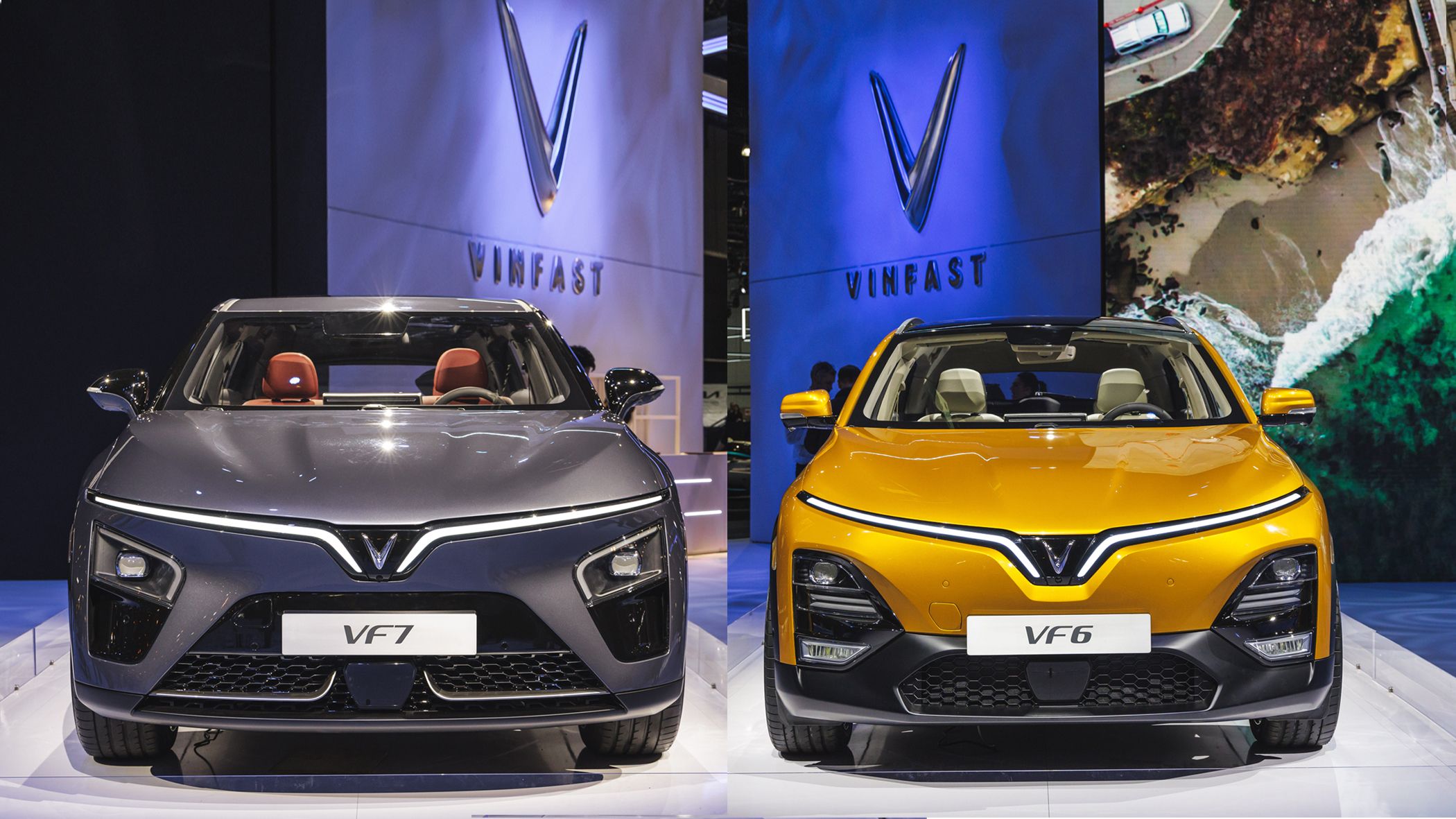


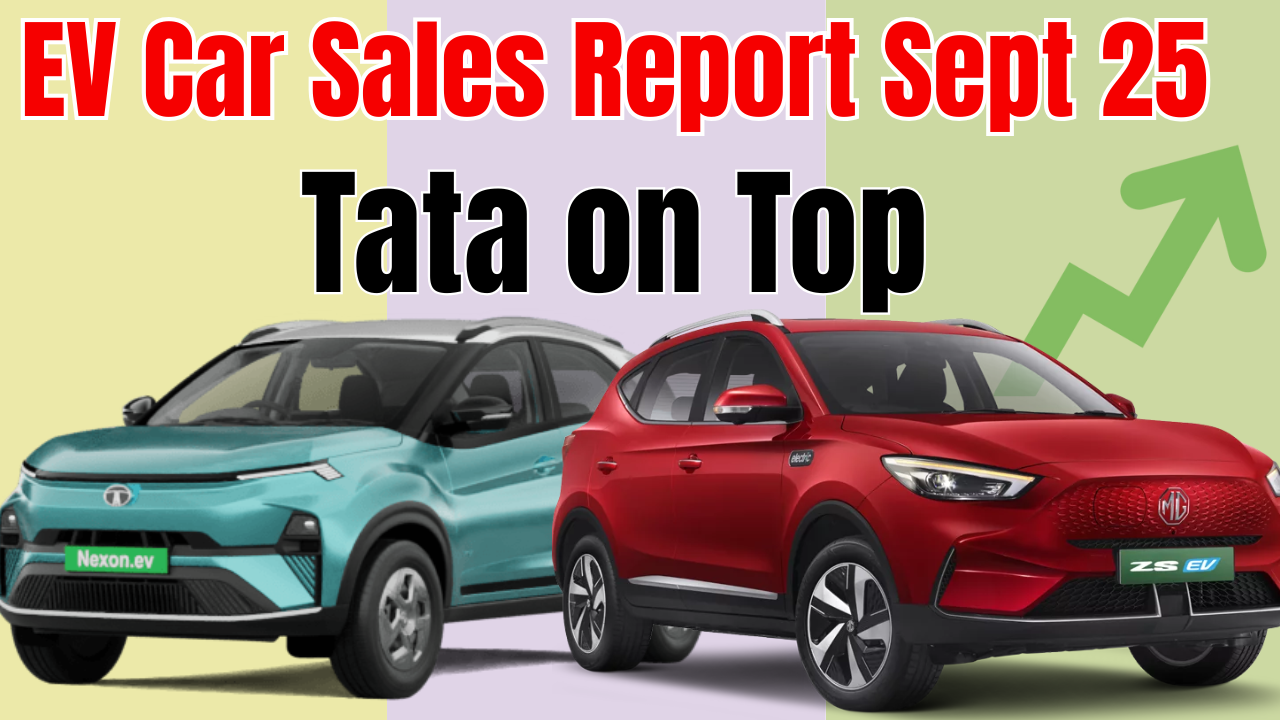
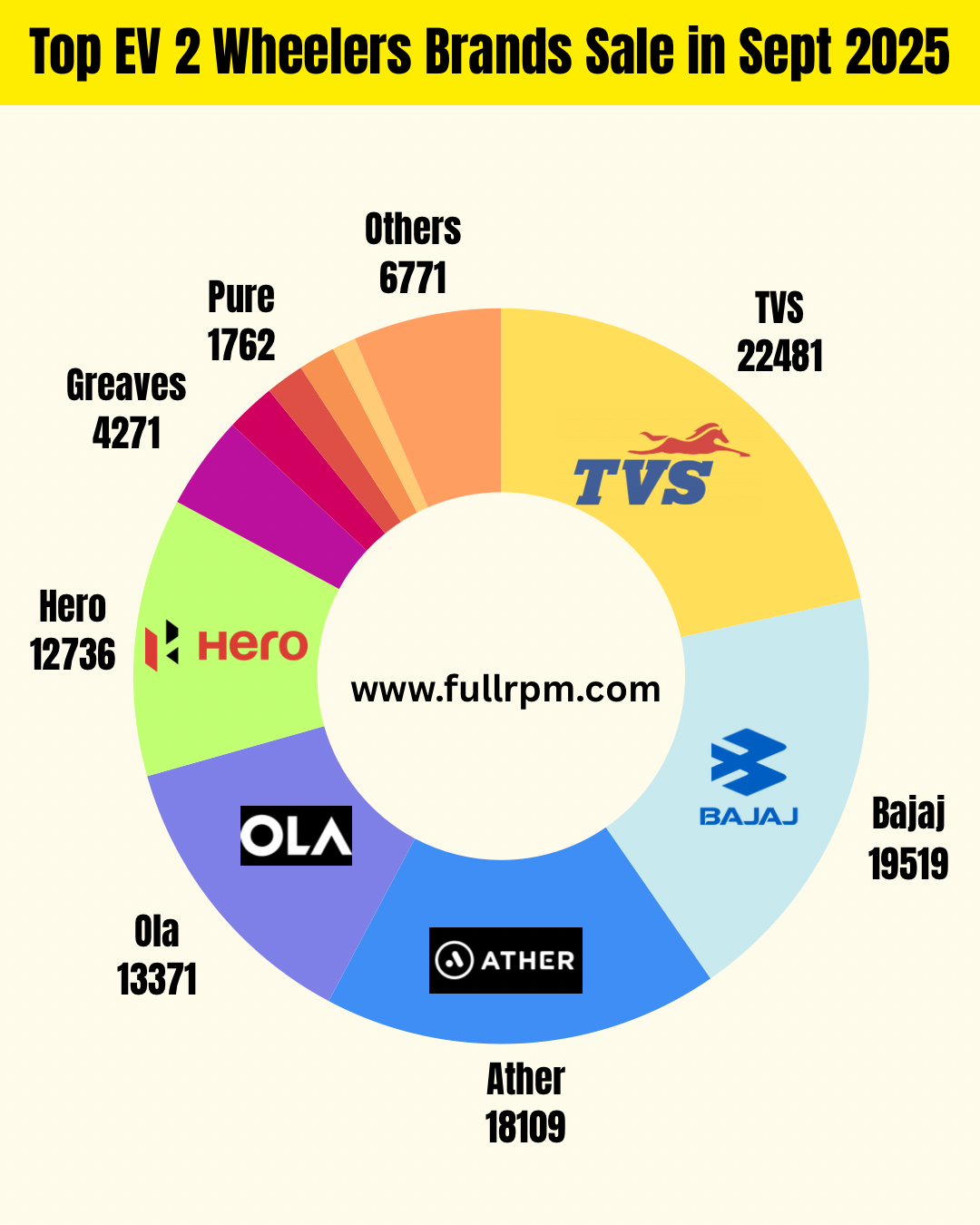
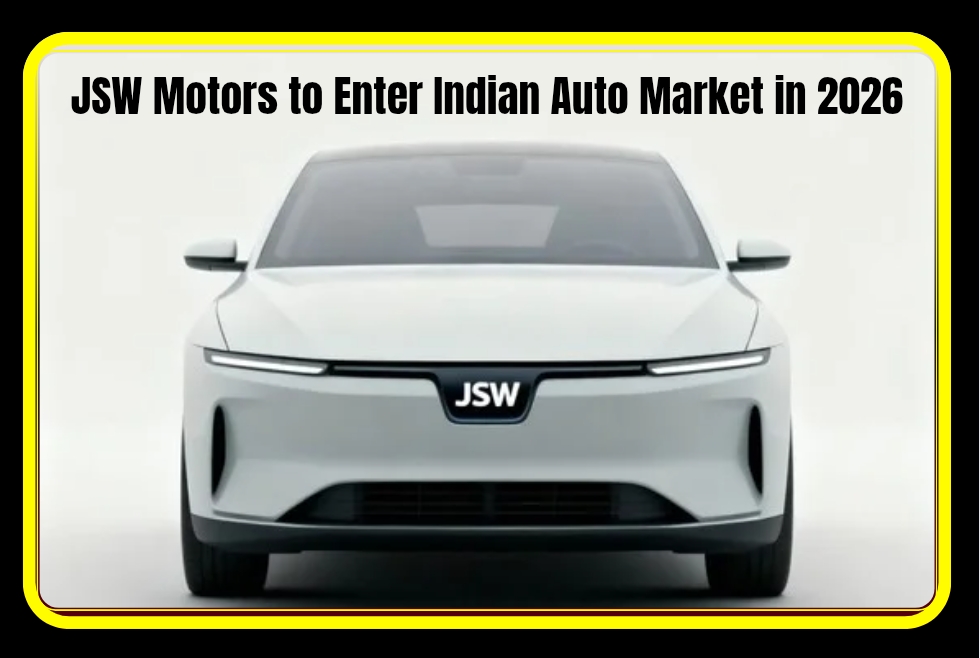
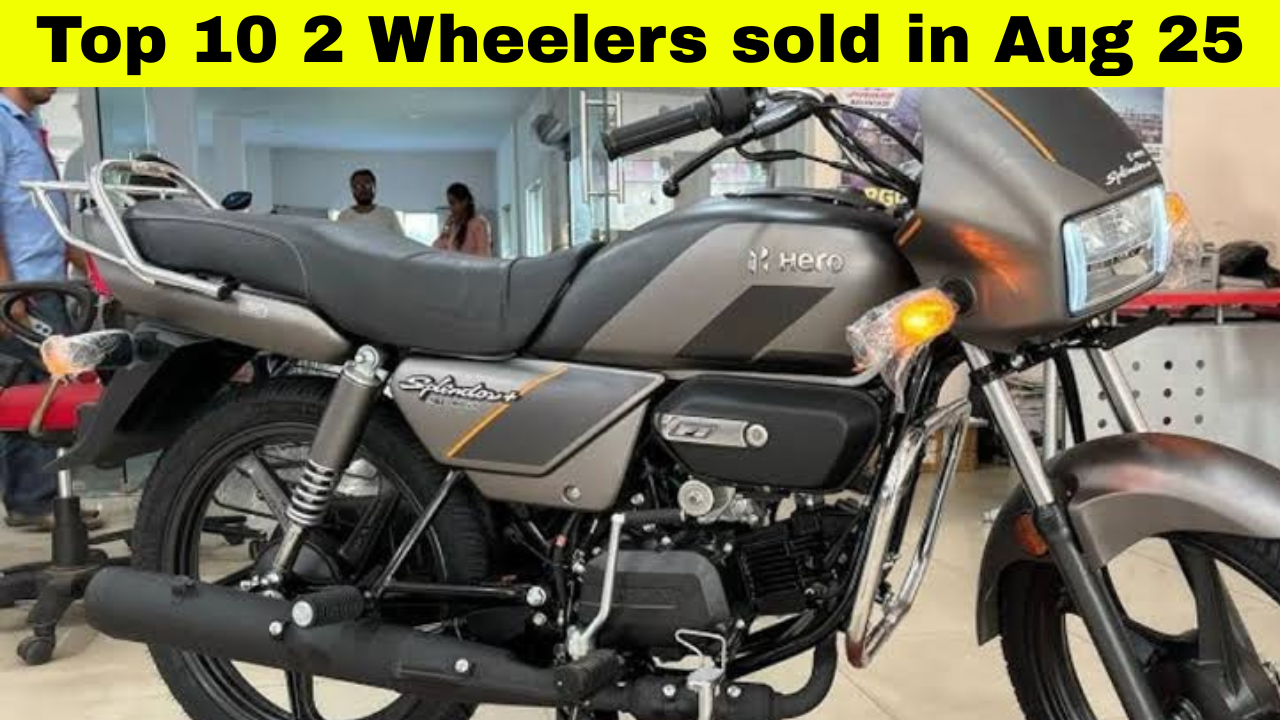
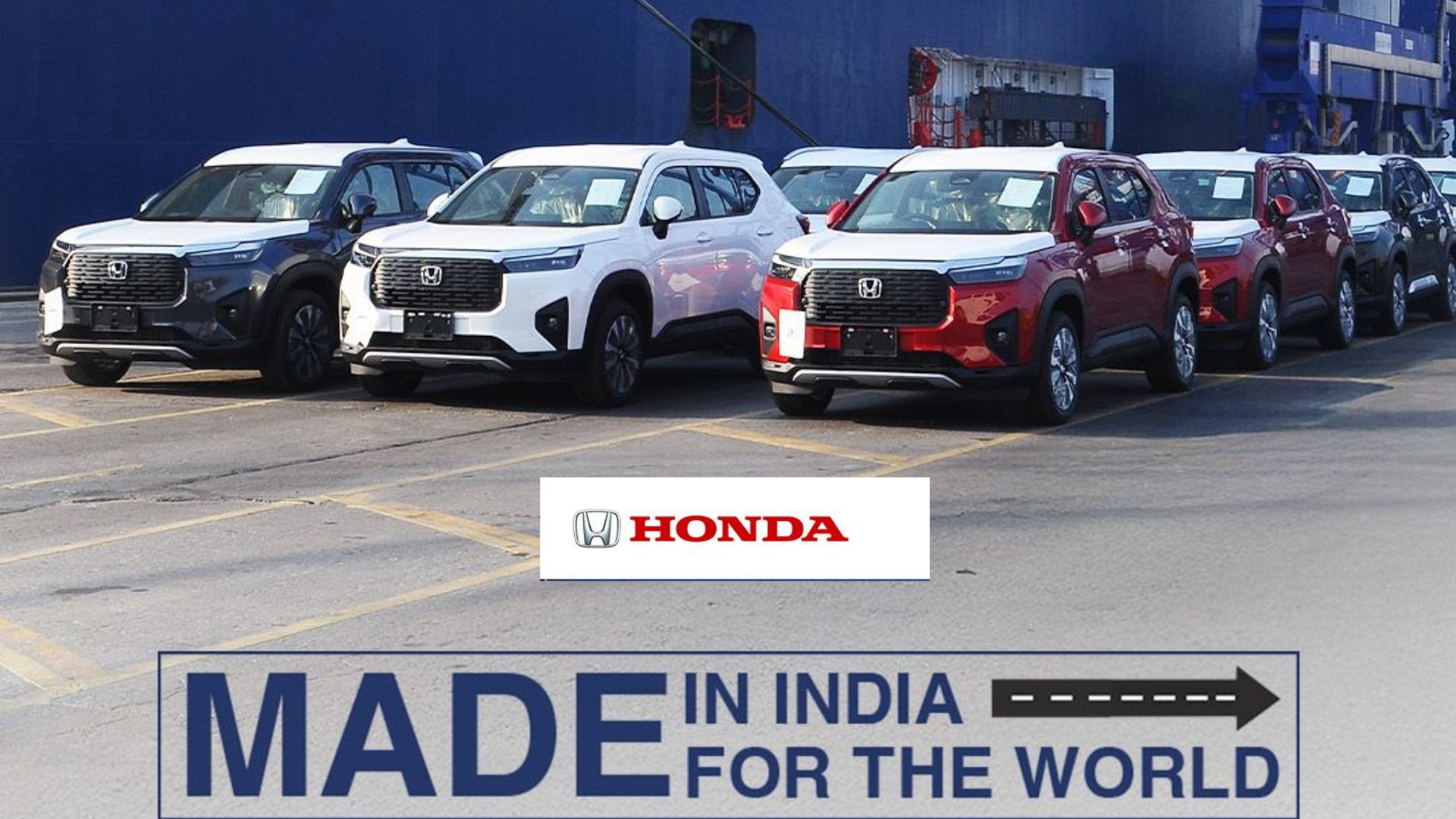
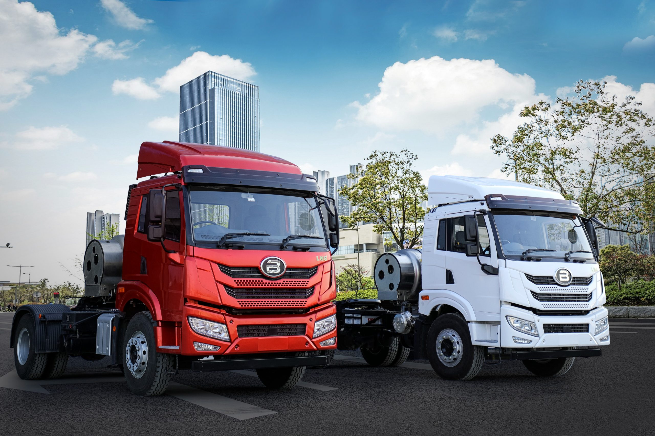
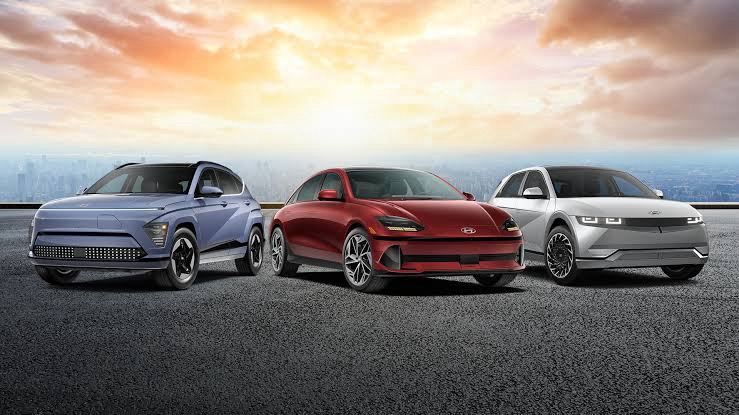
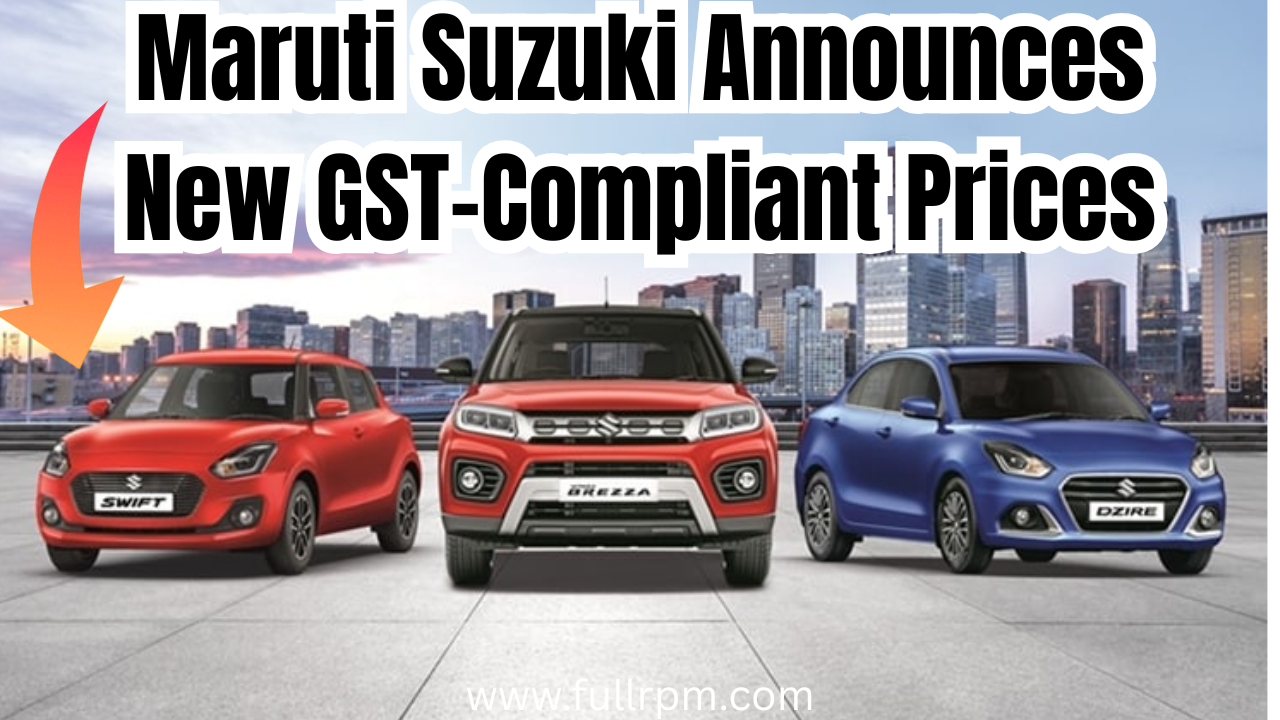
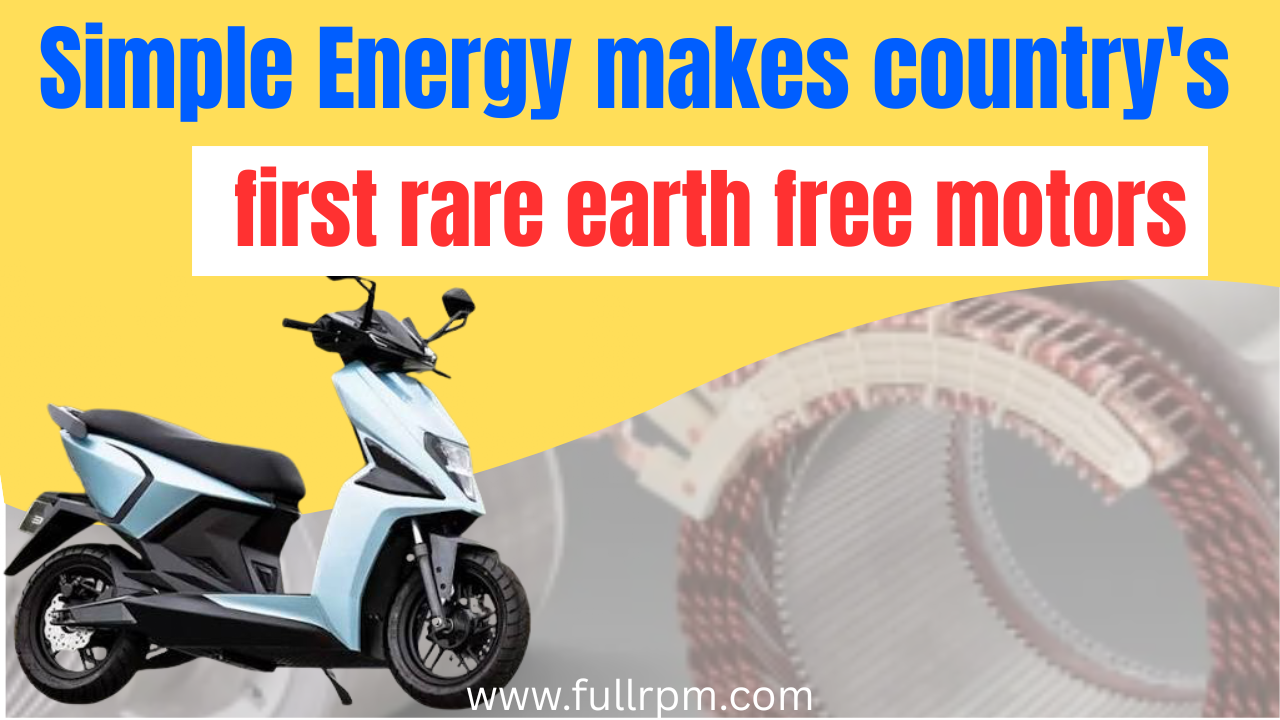

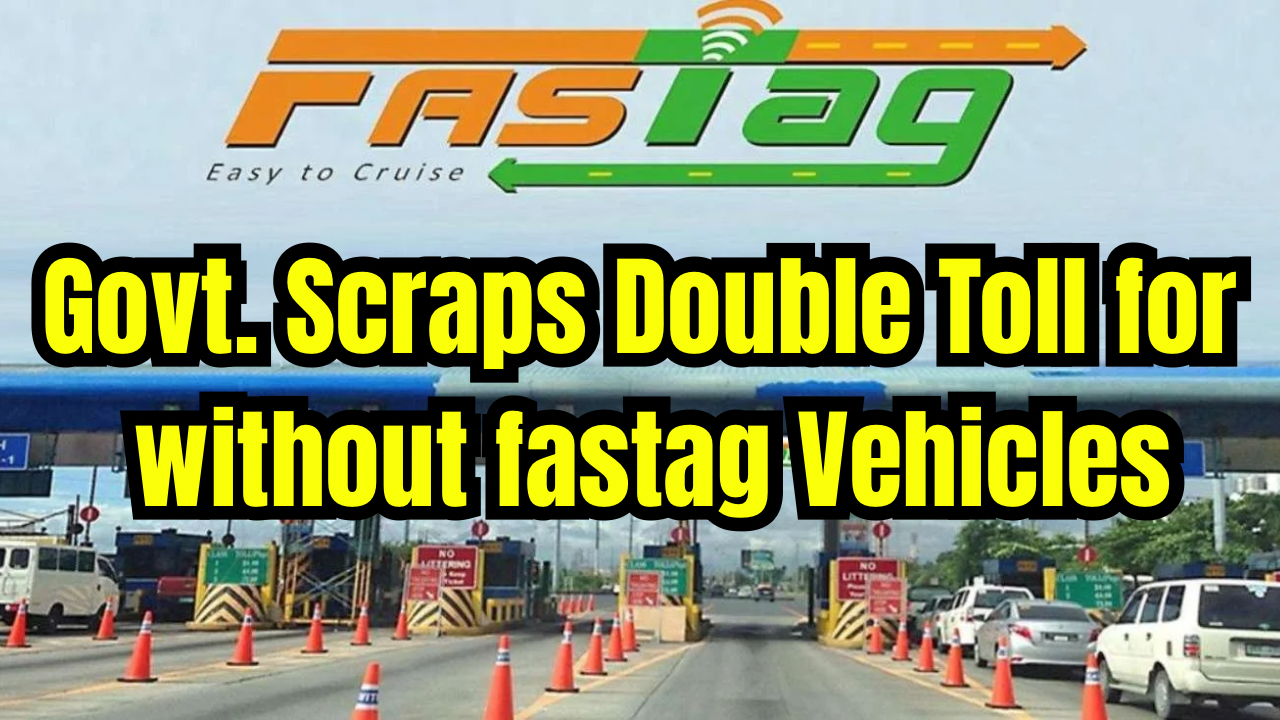

Leave a Reply